Chennai, Tamil Nadu – Delivering a politically charged and historically significant speech on the occasion of India’s 78th Independence Day, Chief Minister MK Stalin called upon states across the country to unite and initiate a legal battle to reclaim their constitutional powers. Speaking from Fort St. George after unfurling the national flag, Stalin asserted that “the time has come” for states to push back against what he termed the centralization of powers by the Union government.
The Tamil Nadu leader’s address was not just a ceremonial Independence Day message—it was a clarion call for federalism, echoing the state’s long-standing political stance on decentralization and state autonomy.
Stalin’s Core Message: Restoring Federal Balance
CM Stalin argued that India’s Constitution, while granting specific roles to both the Centre and the states, has in recent decades tilted heavily towards central control, often at the cost of local governance and state-specific decision-making. He said:
“Independence Day is a reminder that self-governance is our birthright—not just for the Union, but for every state. The time has come to reclaim what is rightfully ours through a constitutional and legal battle.”
According to Stalin, the erosion of states’ powers is evident in:
- Central legislation overriding state laws in education, agriculture, and policing.
- Financial dependency created by GST revenue delays and reduced state grants.
- Central agencies intervening in matters traditionally under state jurisdiction.
Call for a United Legal Challenge
The Chief Minister urged all non-BJP-ruled states to form a united legal front to challenge policies and laws that, in his words, “infringe upon the spirit of federalism.” He stressed the importance of taking the fight to the Supreme Court and leveraging constitutional provisions like Articles 131 and 246, which define the division of powers between the Union and states.
“We cannot allow federalism to become a hollow phrase. The Constitution is our shield, and the courts are our arena.”
Independence Day Announcements for Tamil Nadu
Alongside his federalism call, Stalin also rolled out developmental and welfare measures for Tamil Nadu:
- Launch of Phase 2 of the Kalaignar Magalir Urimai Thittam to expand women’s financial empowerment schemes.
- Allocation of funds for urban flood management in Chennai and other vulnerable districts.
- Strengthening of Tamil-medium higher education programs to preserve the state’s linguistic identity.
- Expansion of electric bus fleets in metropolitan and tier-2 cities to reduce carbon emissions.
Political Context: DMK’s Federal Push
The Dravida Munnetra Kazhagam (DMK) has historically positioned itself as a defender of state autonomy. From opposing the NEET medical entrance exam to resisting Hindi imposition, the party has consistently championed the idea that states should have the final say in matters affecting their people.
In the current political landscape, Stalin’s Independence Day speech is seen as both a reaffirmation of DMK’s ideological stance and a strategic move to rally opposition parties ahead of upcoming elections.
Economic and Policy Implications
If Tamil Nadu’s proposal for a united legal challenge gains momentum, it could trigger significant changes in India’s governance model:
| Area of Impact | Potential Change |
|---|---|
| Legislation | Greater state influence over laws in education, agriculture, policing, and health. |
| Fiscal Federalism | Increased share of central taxes to states, timely GST compensation, and more financial autonomy. |
| Policy Implementation | State-specific variations in centrally announced schemes, allowing more tailored governance. |
| Centre–State Relations | More collaborative policymaking, reducing political friction between ruling parties at state and Centre. |
Timeline of Federal Disputes in Tamil Nadu’s Recent History
| Year | Issue | Outcome |
|---|---|---|
| 2017 | Opposition to NEET exam | Case taken to Supreme Court; policy continued |
| 2019 | GST compensation delays | State raised concerns in GST Council meetings |
| 2021 | Central farm laws | Laws repealed after nationwide protests |
| 2023 | Opposition to Hindi imposition in education | State passed resolution; sought exemption |
| 2025 | Independence Day federalism call | Awaiting state consensus for legal challenge |
Public and Political Reactions
The Chief Minister’s remarks drew widespread attention across the country:
- DMK Supporters hailed the speech as a strong defense of Tamil Nadu’s rights.
- BJP Leaders in Tamil Nadu accused Stalin of politicizing Independence Day and diverting focus from development.
- Civil Society Groups welcomed the call for decentralization but stressed that legal battles must be paired with grassroots reforms.
Analysts’ View: Could This Reshape Indian Federalism?
Political analysts believe that if Stalin’s proposal translates into a coordinated interstate legal strategy, it could redefine Centre–State relations. However, the success of such a movement will depend on:
- Willingness of other states to join forces despite political differences.
- Judicial interpretation of federal principles in light of evolving governance needs.
- Public awareness and support for decentralization as a means to better governance.
Conclusion: A Turning Point or Political Posturing?
Whether MK Stalin’s Independence Day message marks the beginning of a historic legal battle for federalism or remains a political positioning statement will depend on the collective action of states in the coming months.
One thing is certain—the Tamil Nadu Chief Minister has succeeded in making federalism a talking point on India’s Independence Day, ensuring that the debate over states’ rights vs. central authority will remain at the forefront of political discourse.
Disclaimer: This news content is based on official public speeches, state government announcements, and political reactions. It is intended for informational and analytical purposes only and does not constitute legal or political advice.

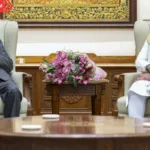
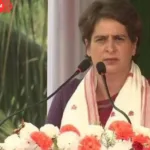
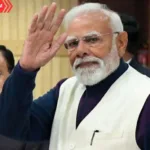
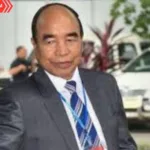
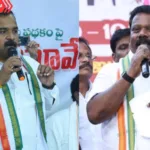

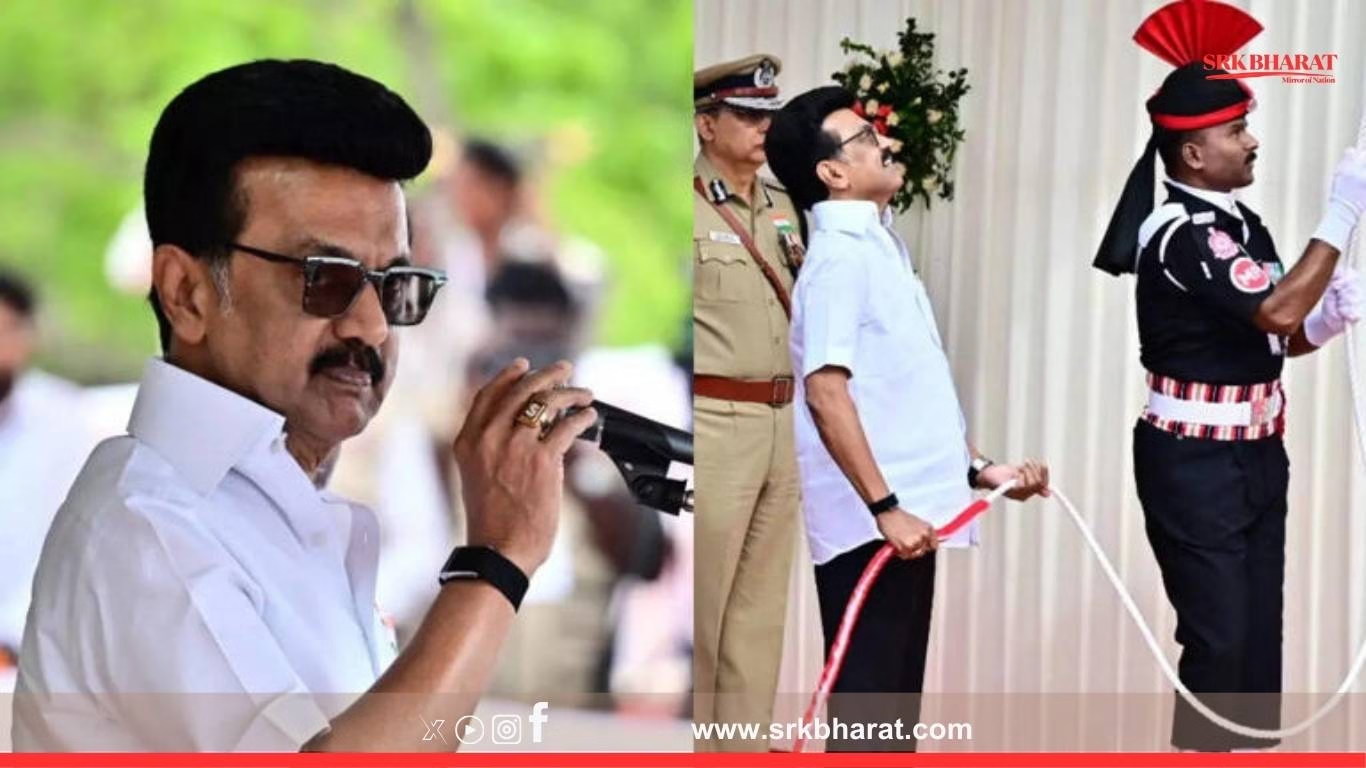
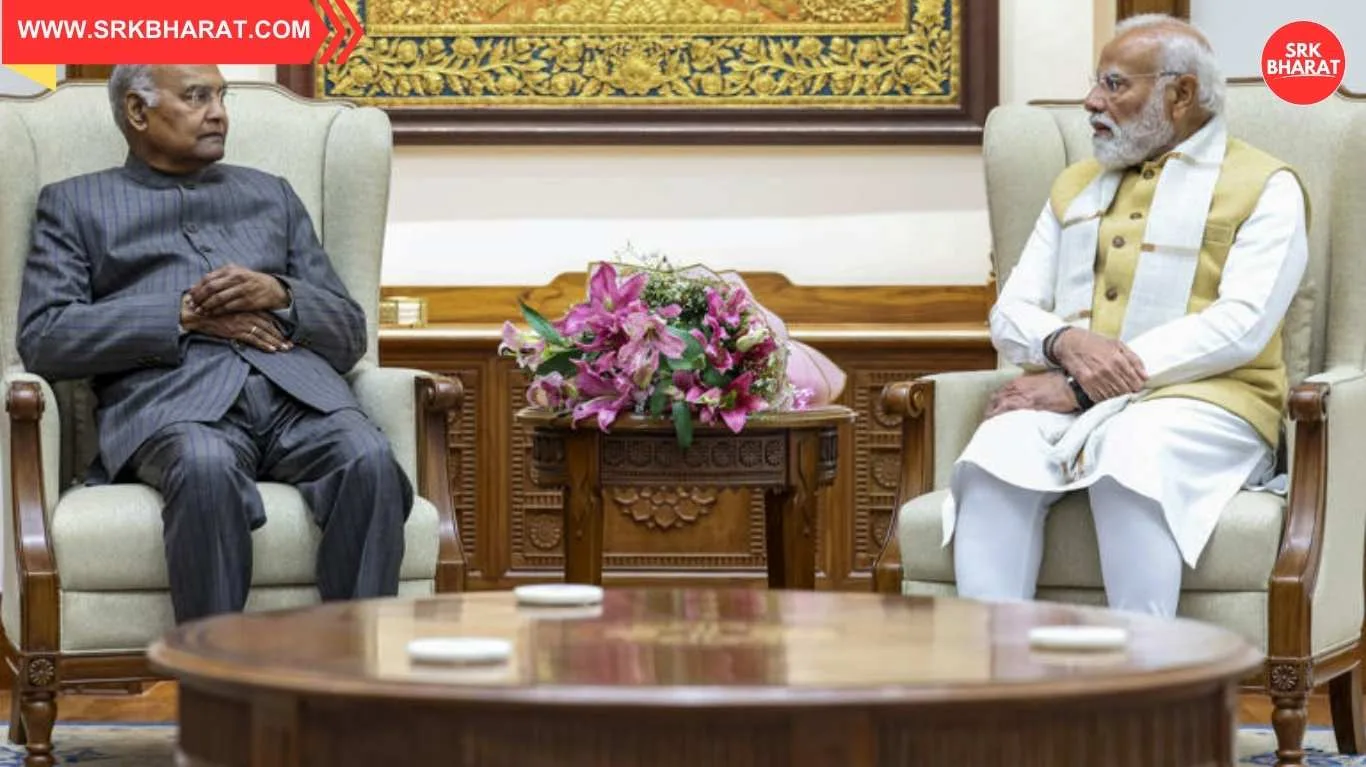



наркологическая больница наркологическая больница .
запись подкастов студия http://www.studiya-podkastov-spb4.ru .